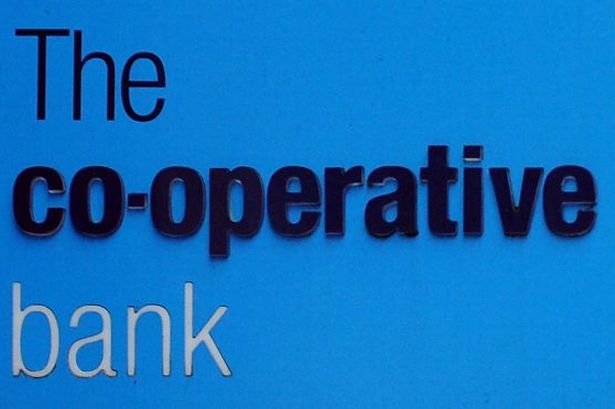The Co-operative Bank has dropped talks for a sale amid talks with existing investors of securing an almost £700m rescue.
The lender, which is currently 20 per cent owned by the Co-operative Group, made the decision to discontinue the formal sale process, ending talks with a Qatari-Swiss consortium and other interested parties.
Earlier this year the bank warned that it would fall short of meeting the capital threshold required by the Bank of England. However, this new plan would give the lender the ability to meet long-term capital requirements and continue as a stand-alone entity.
 Co-op Bank is looking to raise about £450m and receive an injection of around £250m of new equity.
Co-op Bank is looking to raise about £450m and receive an injection of around £250m of new equity.
“The Proposal, if implemented, would enable the Bank to meet the longer-term capital requirements applicable to all UK banks and to continue as a standalone entity,” the company said in a statement to the stock exchange.
“The proposal would also safeguard the Bank’s values and ethics.”
After selling non-core assets, the bank also noted that its future regulatory capital requirements had “improved”.
After being bailed out in 2013 for £1.5bn the bank managed to narrow its losses, but failed to meet the new Bank of England financial stress tests the following year.
Co-op Bank announced an annual loss this year of £477m, making its total losses since being bailed out to above £2.5bn.
The Co-op Group’s stake would be cut to just a few per cent under the new proposal. The bank is also trying to separate its pension scheme from the Co-op Group pension fund.
“Discussions with respect to the separation of the Co-operative Pension Scheme (Pace) into sections for which Co-operative Group and bank have respective responsibility are advanced,” the bank said.
